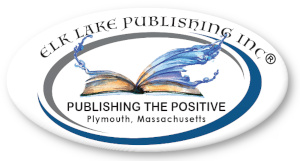Self-Editing and Hiring an Editor
- Your work is more likely to to be read and considered if your material has had some quality pre-editing. Most publishers will expect you to have looked at basic things like spelling, consistency, redundant words or phrases, and transitions at the end of each chapter.
- Following those basic self-editing rules prior to submitting our work to an editor can save the editor we hire some time (and thereby save ourselves some money). You can find self-editing checklists online, and several great websites like The Write Conversation (Edie Melson) and books like Proofreading Secrets by Best-Selling Authors (Kathy Ide).
- Once you edit your story try reading the story out loud, use a program that will read it to you, or print it out and edit by hand.
- Another way to pre-edit is by joining a local writing group or critique group like Word Weavers, where other writers evaluate one another’s material, but, while your writer friends might catch some things, don’t expect—or ask them—to do a complete editing without compensation. Saving a few dollars would not be worth losing a friendship.
- After you and any literary friends have edited your work, let the manuscript sit a couple of days before reading a final time. Then send your book to a skilled, professional editor. I asked writers whose work I respected for an editorial recommendation online, in writers’ groups and at Christian Writers conferences.
- Five major types of editing are: developmental, substantive, or content editing, structural editing, copy editing, line editing, or mechanical editing. Familiarize yourself with the descriptions online so you will know what you are asking for and see how the rates differ for more complicated editing. Much editing submission and response is done online, but some may prefer to be contacted in writing and give a quote dependent on word count. Be sure to follow the editor’s requirements. Not only is it the professional thing to do, but it is good practice for submitting your final, edited copy to a publisher.
- It is smart to do a comparison, but whatever the rate, the payback will be worth every penny as your work will read more professionally when it is submitted to an agent or publisher.
